Edly-Allen, Treasurer Frerichs announce $500,000 life insurance policy to go to widowed Lake County veteran
- Details
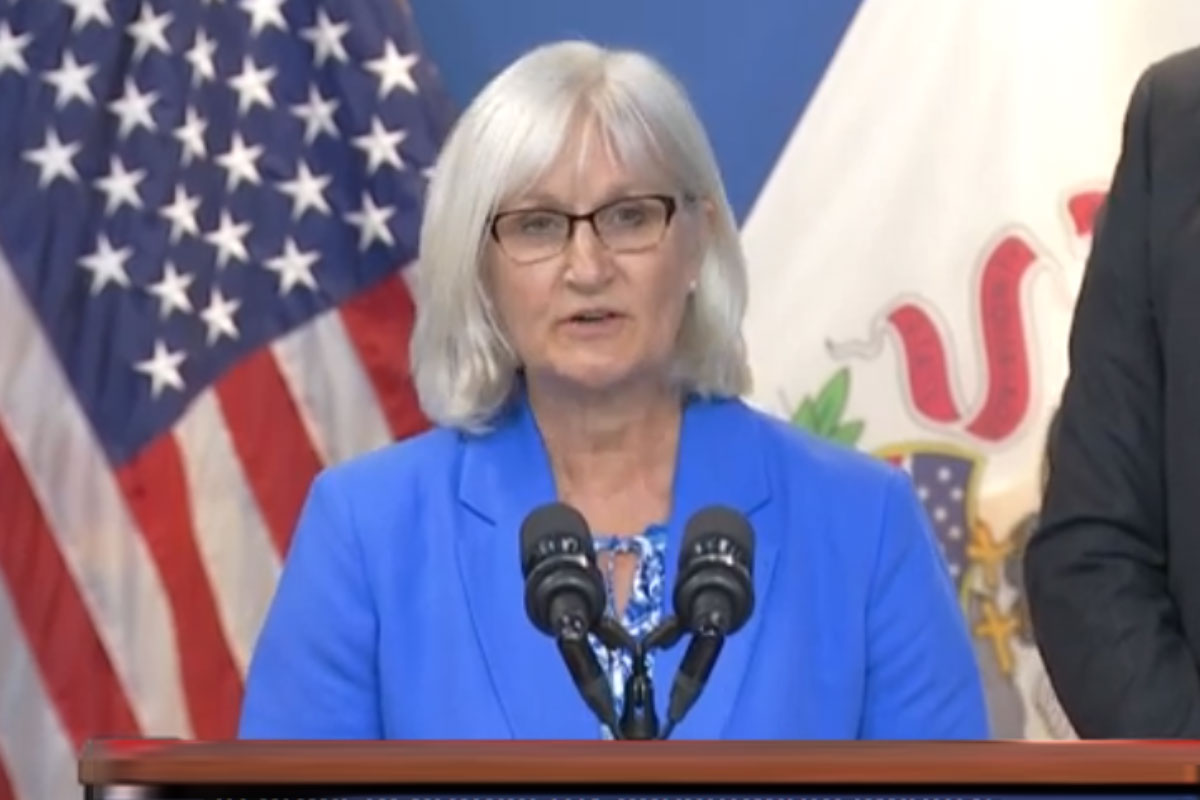 CHICAGO – State Senator Mary Edly-Allen, alongside Illinois State Treasurer Michael Frerichs, announced at a press conference Thursday that a resident in the 31st Senate District will receive $500,000 from a life insurance policy through the I-CASH program.
CHICAGO – State Senator Mary Edly-Allen, alongside Illinois State Treasurer Michael Frerichs, announced at a press conference Thursday that a resident in the 31st Senate District will receive $500,000 from a life insurance policy through the I-CASH program.
“My constituent was shocked when he learned that his wife had taken out a life insurance policy that added up to such a life-changing amount of money,” said Edly-Allen (D-Libertyville). “However, far too often constituents are hesitant to believe my office when we call them about unclaimed property due to fear of fraud. It often takes my staff several contacts to gain trust.”
The State Treasurer’s Office reached the I-CASH program’s $2 billion mark in May by returning over $500,000 to a Lake County veteran whose late wife, also a veteran, had taken out a life insurance policy through a former employer, unbeknownst to the husband.
Aquino leads new law to strengthen Medicaid system, improve reimbursement
- Details
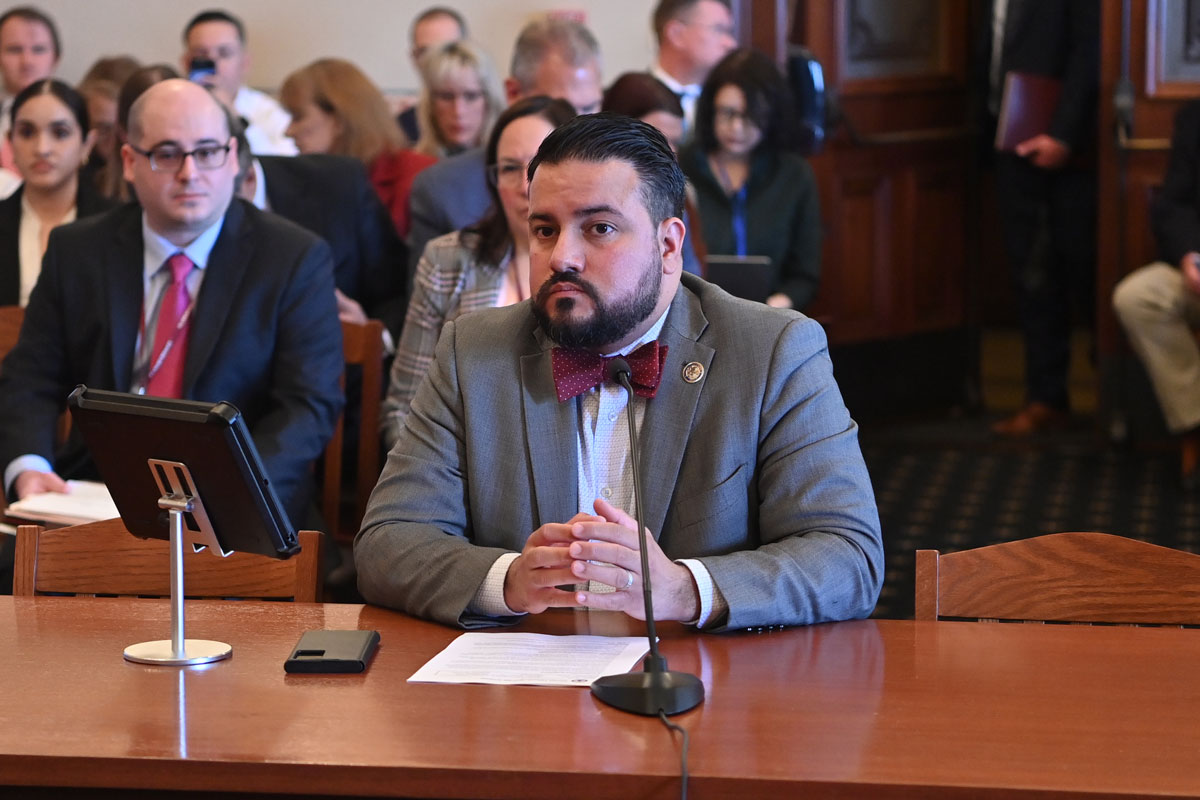 SPRINGFIELD — Illinois will boost reimbursement for critical health services supporting vulnerable children and families, thanks to a new law led by State Senator Omar Aquino aimed at strengthening the Medicaid system.
SPRINGFIELD — Illinois will boost reimbursement for critical health services supporting vulnerable children and families, thanks to a new law led by State Senator Omar Aquino aimed at strengthening the Medicaid system.
“In Illinois, we are advancing equity by investing in the residents and health care providers who deserve a better system that meets their needs,” said Aquino (D-Chicago). “These much-needed rate increases will support safety net hospitals, children’s health centers, mental health providers and programs that ensure the health and well-being of vulnerable children and families across our state.”
Read more: Aquino leads new law to strengthen Medicaid system, improve reimbursement
Villivalam announces historic $41 billion multi-year infrastructure plan
- Details
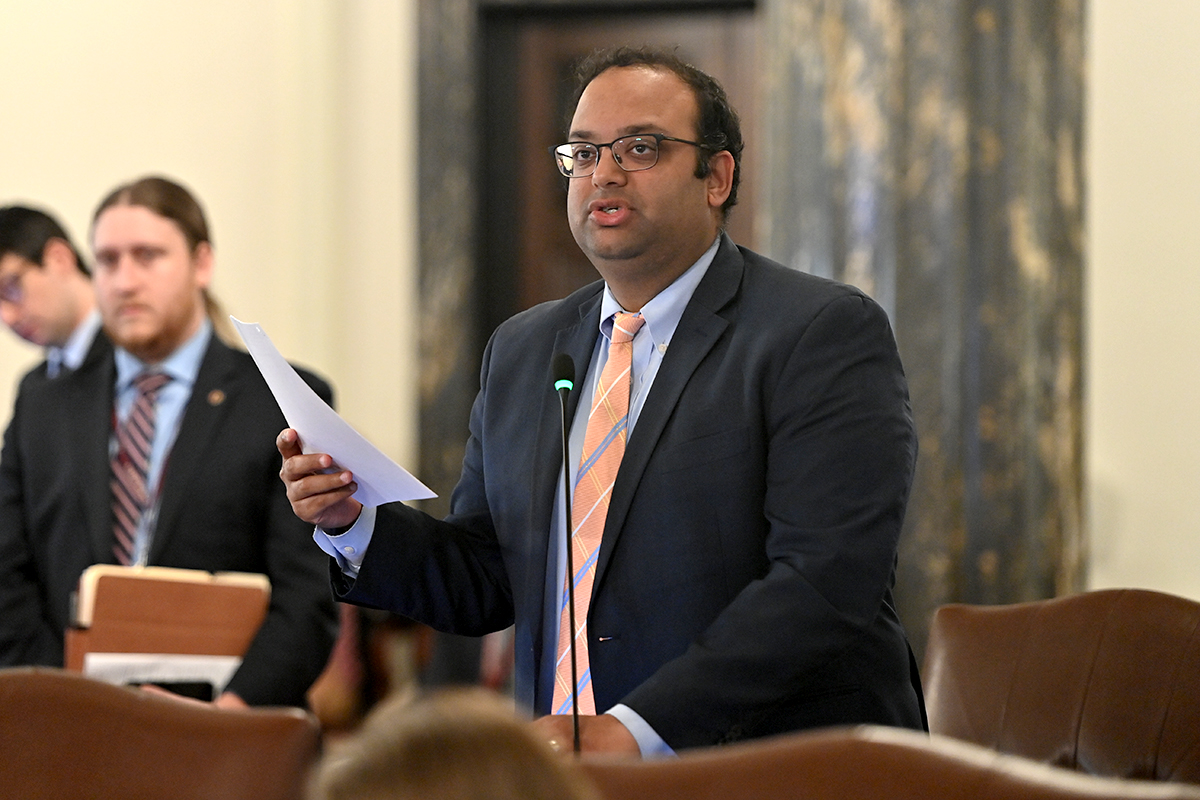
MCCOOK – State Senator Ram Villivalam announced the launch of a historic multi-year infrastructure program aimed to build and repair infrastructure across all 102 counties in Illinois, continuing the transformative impact of the Rebuild Illinois initiative.
“It is imperative that we continue to invest in our transportation system – a vital resource for all communities across our state,” said Villivalam (D-Chicago). “With these new investments, we are working to ensure that everyone has the ability to access health care services, economic opportunities, visit with loved ones and much more.”
The record $41.42 billion multi-year program is partly attributed to the early engineering and planning efforts of Rebuild Illinois and the federal Infrastructure Investment and Jobs Act of 2021, which have spurred increased construction activity. The previous record was $40.99 billion in 2023.
Read more: Villivalam announces historic $41 billion multi-year infrastructure plan
Senate Democrats applaud new grant funding for local chambers of commerce
- Details
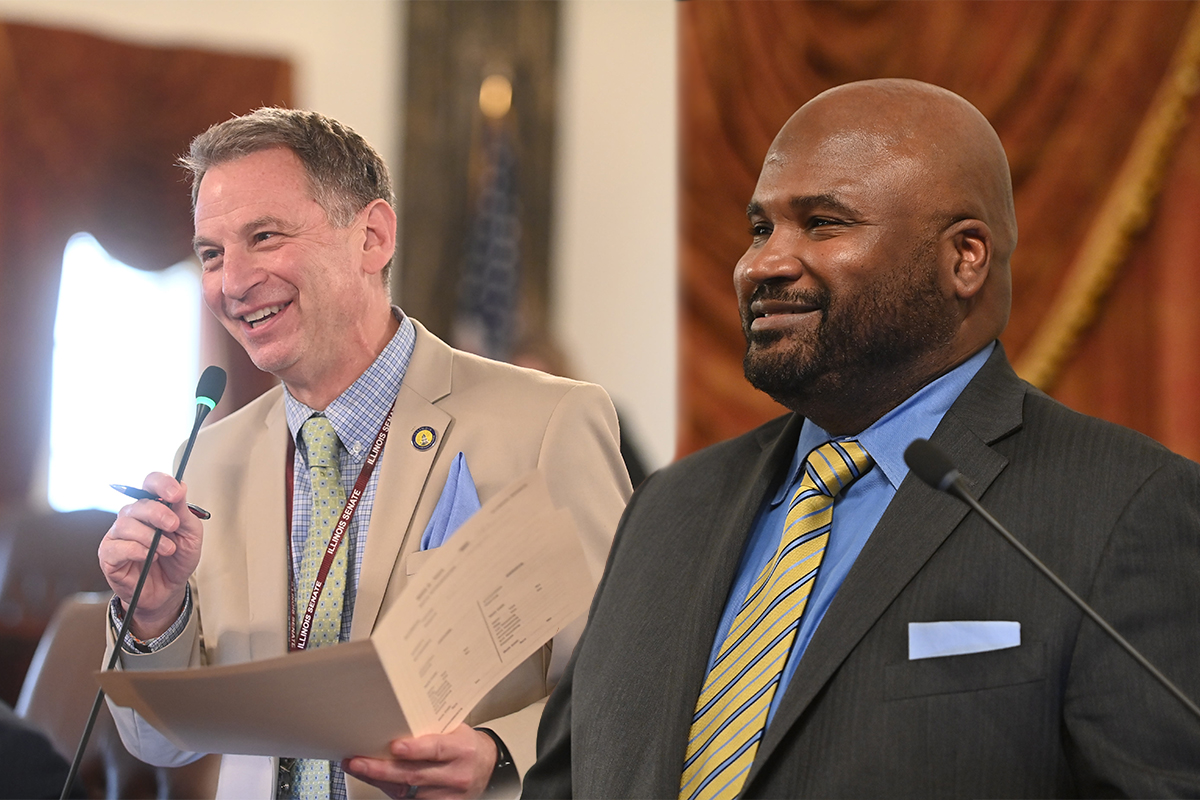 Members of the Illinois Senate Democratic Caucus helped secure funding for local chambers of commerce that will go toward supporting businesses and helping them recover from the lingering economic impacts of the COVID-19 pandemic.
Members of the Illinois Senate Democratic Caucus helped secure funding for local chambers of commerce that will go toward supporting businesses and helping them recover from the lingering economic impacts of the COVID-19 pandemic.
“The State of Illinois’ B2B Local Chambers program is critical to helping local chambers of commerce continue moving in a positive trajectory after the devastating effects of the pandemic,” said State Senator Elgie Sims, Jr. (D-Chicago). “Illinois is committed to supporting communities across the state through grant funding programs such as B2B and beyond.”
Administered by the Illinois Department of Commerce and Economic Opportunity, grants through the Back to Business Local Chambers program will be used by chambers to market and develop localities, provide small businesses with professional development opportunities and support small businesses and entrepreneurs while bolstering economic development.
Read more: Senate Democrats applaud new grant funding for local chambers of commerce
More Articles …
Page 97 of 679

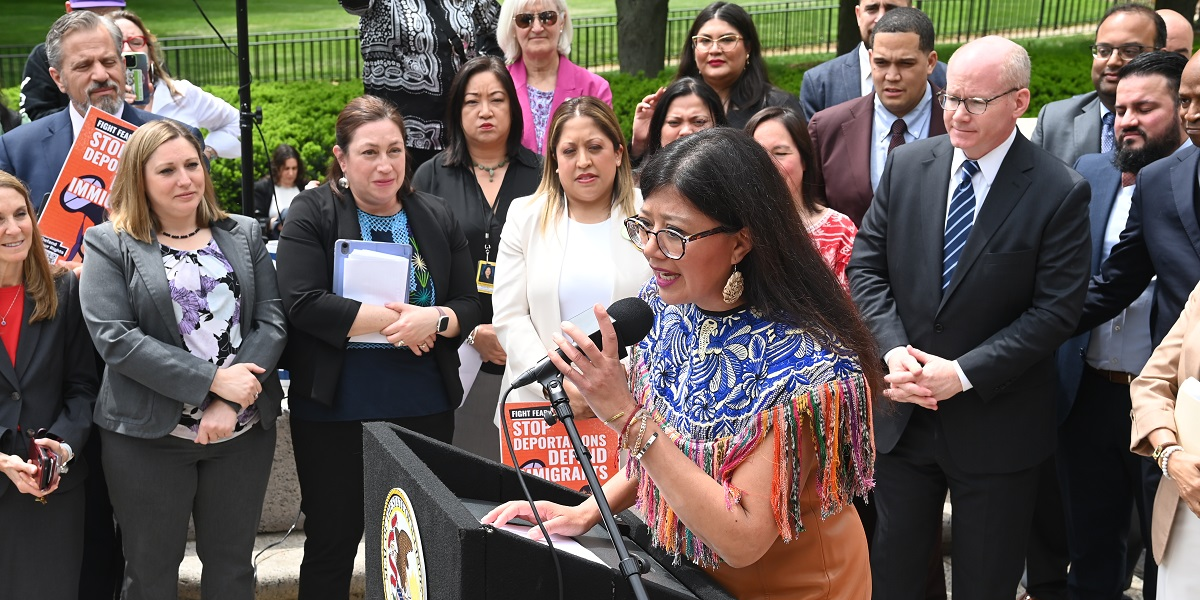

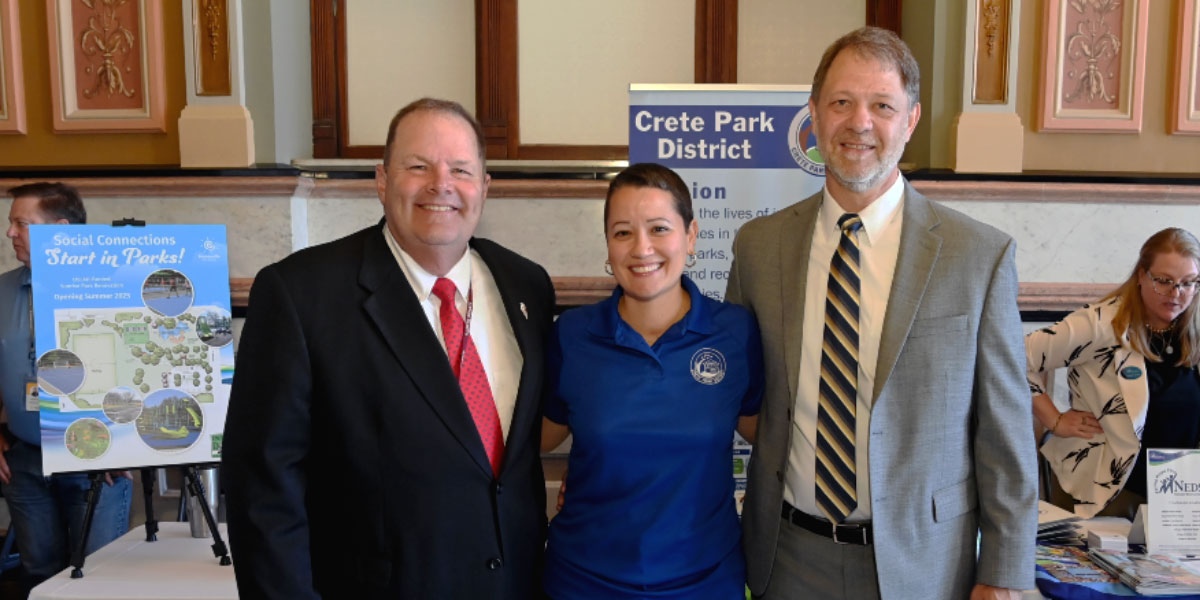

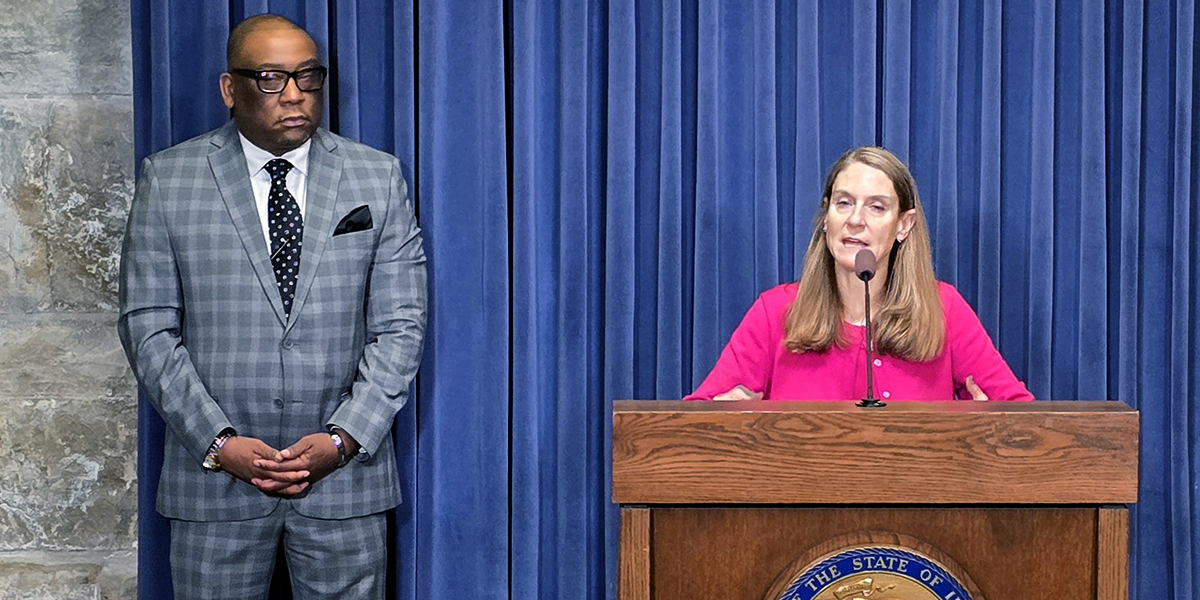
















 © 2025 Illinois Senate Democratic Caucus
© 2025 Illinois Senate Democratic Caucus